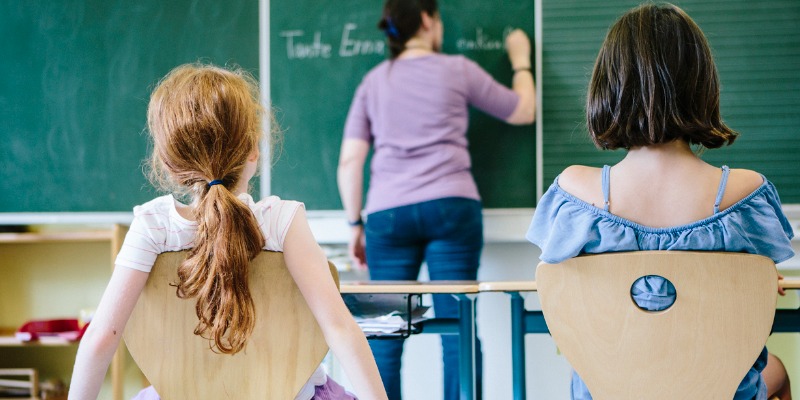Instead of doing more, schools should do less

Brush your teeth twice a day. Floss at least once per day. Visit your dentist for checkups and make sure you get your teeth cleaned regularly. These are all essential components of good oral hygiene. If children start these habits at a young age, there’s a good chance they’ll continue this routine throughout their lives. But whose responsibility is it to make sure these things happen?
According to Quebec’s Ministry of Health, it’s now up to teachers. Under a new tooth-brushing program being phased in across Quebec elementary schools, teachers will be expected to supervise their students as they brush their teeth. Not only must teachers ensure students use the proper toothpaste, they must also monitor tooth-brushing techniques to ensure each child’s teeth are properly cleaned.
Clearly, whoever designed this dental program has never worked in a school. If they had, they would know it’s unrealistic to expect teachers to watch each student as they brush their teeth. Teachers have enough to do without adding yet another responsibility to their already overloaded plates.
Unfortunately, this is only one of many examples of mission creep in schools. When important things aren’t happening at home, activists and politicians want schools to fill in the gap. Today, teachers must ensure students eat a healthy diet, receive “comprehensive” sex education and learn about the importance of social justice as part of a seemingly never-ending expansion of priorities for the classroom.
Because there are only so many hours in the school day, these extra responsibilities often come at the expense of what should be the primary focus of every school—providing all students with a solid academic education. Time spent monitoring students as they brush their teeth or checking their lunches for healthy snacks is time that cannot be spent teaching the academic basics.
Teacher unions are pushing back strongly against Quebec’s new tooth-brushing program, and they are right to do so. However, unions would have more credibility on this issue if they were not regularly pushing for schools to tackle issues that go far beyond regular academics.
For example, the British Columbia Teachers’ Federation (BCTF) is well-known for encouraging teachers to engage in social justice initiatives. Its 2022-23 Members’ Guide contains policy positions on everything from military budgets to abortion. The BCTF even endorsed so-called “climate strikes” where students walked out of class to protest federal climate policy. Whatever one thinks about climate change, it’s obviously counterproductive for students to skip class.
Meanwhile, the Elementary Teachers’ Federation of Ontario (ETFO) has produced a wide variety of resources on topics such as Islamophobia, climate change and “2SLGBTQ+” issues. These feature prominently on the ETFO’s website. Not featured are any resources on effective reading instruction programs or better ways to teach and learn math. Anyone who peruses the ETFO’s website will quickly conclude that ETFO has a laser-like focus on everything except the academic basics.
Simply put, teacher unions are at the forefront of encouraging schools to go beyond their primary mandate of providing an academic education, so the unions cannot continually push teachers to get involved in social justice initiatives and then get offended when provincial governments expect their members to take on more non-teaching responsibilities such as dental health. The unions have largely brought this problem upon themselves.
Therefore, rather than continuing to contribute to the problem, teacher unions should become part of the solution. If they want teachers to be able to teach effectively, and to be respected by the public for their professional knowledge, they must step back from their relentless political advocacy and focus on ensuring that every child receives a good education. The last thing teachers need is for their unions to make their jobs harder than they need to be.
In this instance, less really is more.

